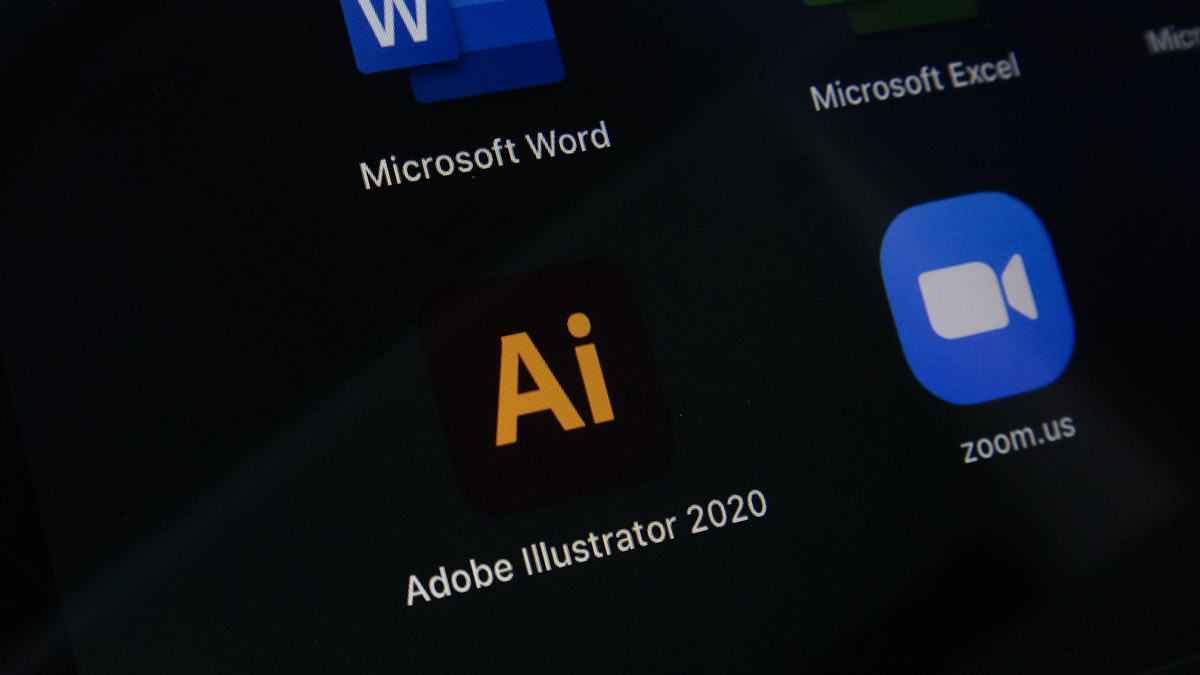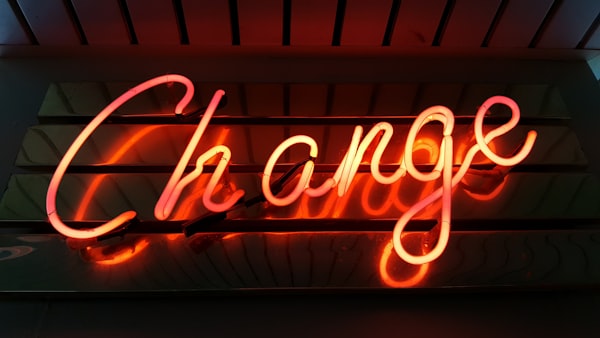Piracy of Habit and Education
Piracy is a nuisance for any company. However, in some cases it also works as capturing tool for getting new users.

Piracy in today’s software world is still rampant. Back in 90’s piracy was in its infancy but it was mostly spread among gaming and software enthusiasts circles, but still on a lesser scale than today. Internet still wasn’t well spread and the speeds were atrocious. Today there are a lot more users than back in 90’s and 00’s but there is also a lot more software, movies, and games to pirate as well. When it comes to companies most of them are against piracy on the surface but underneath the corporate PR they support it. What is the reason behind this, at first point, bizarre decision and how is education a factor in that decision?
During the 00's, the cloud didn't exist and it wouldn't catch until sometime between 2012-2020. Most of the software was only bought once and that was it. While there were perpetual software licenses that required yearly renewal, the monthly subscription model was not available until sometime later. In this situation, for most of the people, and especially kids and students, obtaining the software legally was not an option due to its price and their disposable budget. The only option to get the software aside from paying for it was to pirate it. Now, I know what you are thinking; Weren't there a lot of the cases against software pirates, resulting in lawsuits against the ,,little guy"? Most of those cases were aimed at people that hosted filesharing websites, torrent indexers with most famous being ThePirateBay. A lot of the people that were downloading software were never caught, with the furthest thing being a warning letter by their ISP or fine. Depending on the home country of the downloaders, the treatment was as described, or there weren't any consequences at all. In the USA however, the MPAA and other partner companies, sued individuals, websites and companies, that were responsible for copyright infringement. By suing individuals for damages and requesting absurd amounts of money, they wanted to use them as an example to show other what could happen to them too. The music and film industry were, and are still to this day, more proactive then other industries in combating piracy.
Most of the companies never saw the interest to go after the little guy, since they would stand a lot more to lose then what they could potentially gain. Now, in case of companies selling illegal software keys for example, platforms distributing software, or other companies running unlicensed and pirated software, the case was different. In those situations, software makers were actively using money, since the company usage of software falls under professional usage of the software. Each copy is a lost sale, and the company that uses pirated software will earn profit, which actively hurts software maker in the long run. The same goes for key and license resellers, since in those cases the distributors of such keys are even earning money from licenses, that would otherwise go to the software developer.
Why were the individuals left alone most of the time? The reason lies in forcing of habit and familiarity with the used tools. Take for example 7-year-old child running a pirated version of Microsoft Office. While that child does not have a clue that is using pirated software, he is easily getting accustomed to it. Few years down the line, and as a teenager he is already doing most of his homework in Microsoft Word, Statistics and Calculation in Microsoft Excel. After some time has passed, now as an adult, the first job he takes will require the knowledge of Microsoft Office package. Due to force of habit, he will buy the Office package or even subscribe to Office 365 for the ease of use, and availability of his files in the cloud.
Companies will usually tolerate piracy when it comes to private individuals, because it locks them into their ecosystem. Sooner or later those individuals will pay for license at some point of time, and they will be accustomed to the tools they have been using. The same cannot be said for entertainment business since the movie/music is the end product, and you cannot really use them to create something new. When it comes to business, there is, and it should be, zero tolerance to piracy. It's rather simple, if you use something to earn money, that costs a money in first place, then you need to pay for it. Having someone make earning from your pirated software is not really ethical and at the same time it is a crime in any legal jurisdiction, however you try to put. There are lot of free and open source solutions that can be used, and achieve same or even better results. Not to mention that the pirated software could contain some form of malware that could endanger the entire network if it gets the chance to spread.
Piracy of habit is a powerful tool, because on the one hand you lose a license, but at the same time, your presence in the market grows. The more people are educated to work in your software, the better the returns will be after some time.
Article printed at May 2, 2024. Please see https://grindam.com/piracy-of-habit-education/ for the latest version.




